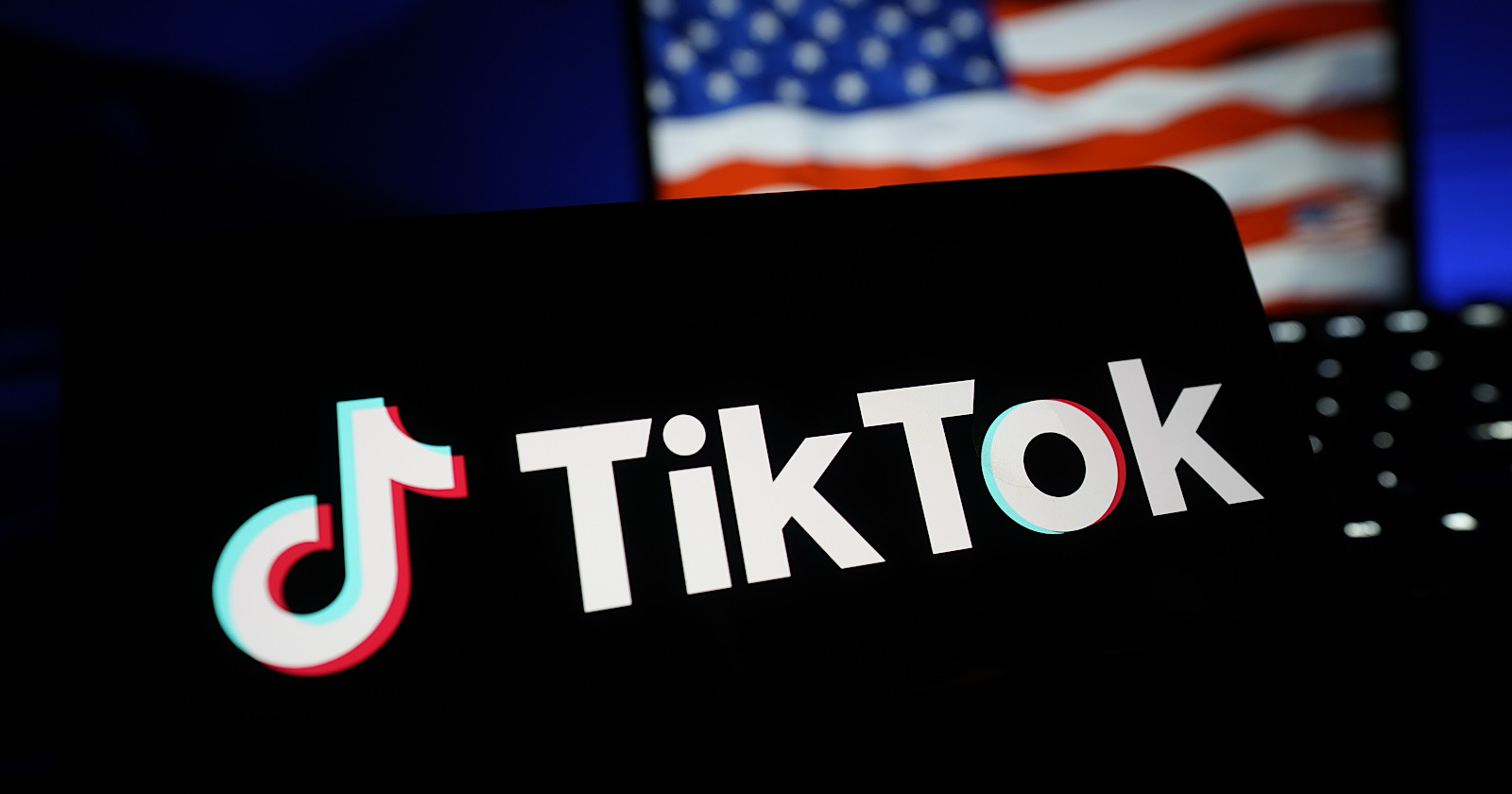Top Growth Trends in India’s E-Commerce Industry
The B2C e-commerce market in India is experiencing a dramatic shift in its growth and technological advancement. According to forecasts presented in yStats.com's publication India B2C E-Commerce Insights, Payment Trends, & Emerging Digital Technologies 2024, the sector is expected...

The two main drivers that have been instrumental in the growth of the Indian e-commerce market include increased Internet connectivity and the availability of affordable smartphones. The availability of cheap mobile internet has allowed a wider population, including those in rural areas, to engage in online services, leading to a boom in digital transactions and online shopping. Digital payments have become the foundation of the e-commerce model, with the government’s efforts to encourage the use of digital transactions through the implementation of the Central Bank Digital Currency (CBDC). This initiative is expected to enhance the digital economy and facilitate the flow of online transactions. With the increase in digital transactions, the competition between the e-commerce platforms increases, making the market environment more competitive and innovative. Policies have played a crucial role in the development of the digital environment by the government. Programs like Digital India and BharatNet focus on extensive broadband connectivity, especially to reduce the digital divide in rural regions. These initiatives support the technological upgrades and investments by international technology companies like Google and Microsoft that are bringing money and optimism to the local market. This combination of governmental support and private investment is building a strong foundation for the emerging digital economy. With the advancement in connectivity, e-commerce is penetrating into tier 2-4 cities and rural areas which are expected to contribute a major part of the future demand. The emergence of quick commerce platforms such as Swiggy and Zomato, coupled with the government’s strategic initiatives to boost digital connectivity, is helping these regions become a part of the larger e-commerce landscape. The e-commerce market in India is highly saturated and has key players like Amazon, Flipkart, and new entrants like Meesho and Nykaa. This is because companies are working hard to capture a bigger market share, and this is leading to increased innovation and improvements in customer service. Such investments are not only bringing in the much-needed funding but also strengthening the technological infrastructure of these platforms, which in turn is enhancing the value proposition for customers. Currently, the B2C e-commerce market in India is at over EUR 50 billion in the fiscal year 2023 and is expected to grow further by 2027, according to RedSeer. The number of online shoppers has also risen, which shows a greater adoption and incorporation of e-commerce by the population. This growth is backed by a clear trend towards omnichannel retailing, where a large number of consumers prefer to collect their purchases from physical stores. The shift towards omnichannel commerce is in harmony with changing consumer behavior where the focus is on convenience and flexibility. As for the payment options, credit and debit cards are still widely used, but there is a clear trend towards mobile wallets and real-time payments, which is a part of the general tendency towards digitalization of payments. Real-time payments are experiencing significant growth, and India is creating its own solutions based on foreign counterparts. The use of platforms such as UPI is evidence of the growing trend towards immediate transaction capabilities, which are now widely adopted by consumers in India. Digital health and gaming are two industries that are considered to be in the process of development within the context of the digital economy. The use of health apps for services such as online pharmacies and consultations is on the rise, which is a sign of the increasing use of digital health services. Likewise, the gaming industry, especially mobile gaming, is expected to experience a high growth in revenues due to the rising number of gamers and the shift towards gaming on digital platforms. However, the interest in blockchain and cryptocurrencies has not waned in India, and a significant percentage of the population is involved in trading or investing in cryptocurrencies. This interest suggests a new area of research within the digital economy that may shape future payment and transaction systems in E-Commerce. In the future, the Indian B2C e-commerce market is expected to maintain its growth path due to the ongoing digitalization and new entrants. However, the sector has some issues like the digital divide, inconsistent regulation, and the lack of adequate logistics infrastructure. They also have to address the rapidly evolving consumer preferences, improve their mobile commerce, and incorporate sustainability. The Indian B2C e-commerce industry is at a pivotal growth phase, marked by dynamic changes and significant potential. Understanding these evolving trends is crucial for businesses aiming to succeed in this competitive market. With the right strategies and innovations, the future of digital commerce in India offers exciting opportunities for those ready to navigate its complexities. Recognized as the go-to primary destination for ecommerce industry analysis and payments market data, yStats.com is a leading secondary market research and business intelligence firm specializing in global B2B and B2C E-commerce, payments, and fintech trends. Established in 2005 by Yücel Yelken, the firm provides comprehensive market reports and analyses. yStats.com offers indispensable insights, forecasts, and statistical data, primarily through comprehensive market reports. Trusted by multinational enterprises including Fortune 500 corporations, investors, and organizations, its reports have been featured by Forbes, The Wall Street Journal, and the World Economic Forum.  The B2C e-commerce market in India is experiencing a dramatic shift in its growth and technological advancement. According to forecasts presented in yStats.com's publication India B2C E-Commerce Insights, Payment Trends, & Emerging Digital Technologies 2024, the sector is expected to experience significant growth mainly due to the rise in internet usage and smartphone ownership, with the market sizes expected to be 350 billion by 2030, according to IBEF.
The B2C e-commerce market in India is experiencing a dramatic shift in its growth and technological advancement. According to forecasts presented in yStats.com's publication India B2C E-Commerce Insights, Payment Trends, & Emerging Digital Technologies 2024, the sector is expected to experience significant growth mainly due to the rise in internet usage and smartphone ownership, with the market sizes expected to be 350 billion by 2030, according to IBEF.
CBDC Boosts Digital Payments and E-Commerce Competition
Digital India and BharatNet Bridging Rural Connectivity Gap
Connectivity and Quick Commerce Transform Tier 2-4 Markets
Amazon, Flipkart, Meesho, and Nykaa Innovate
India's B2C E-Commerce Growth Omnichannel Evolution
India's Digital Health, Gaming, and Crypto Landscape
Future Outlook and Challenges
About yStats.com

 MikeTyes
MikeTyes 































